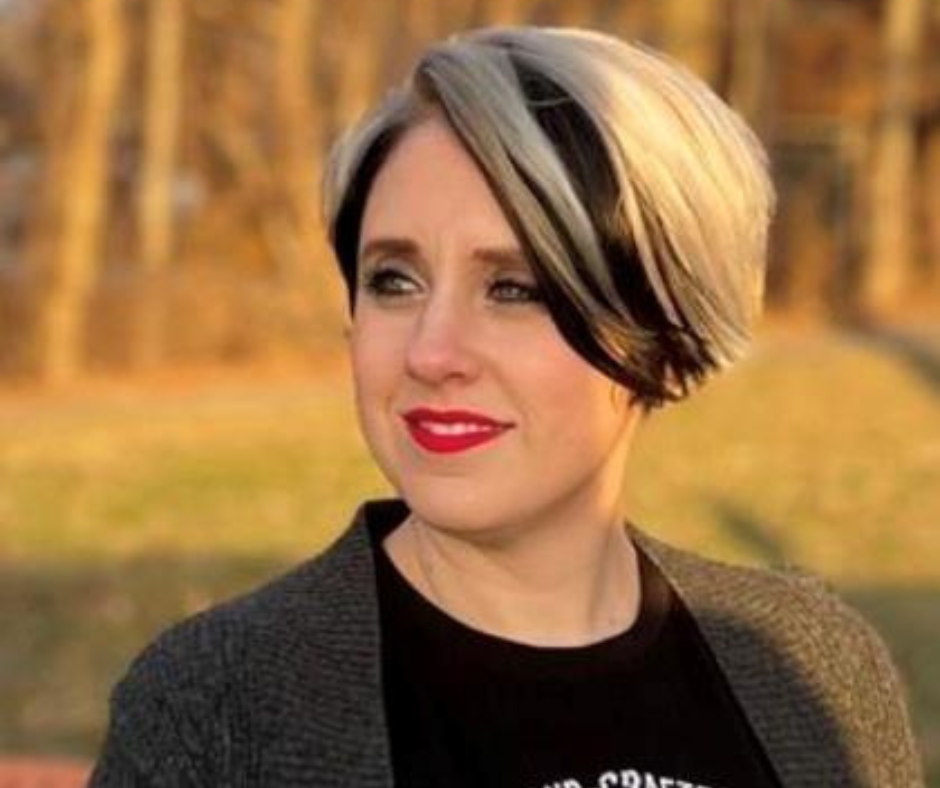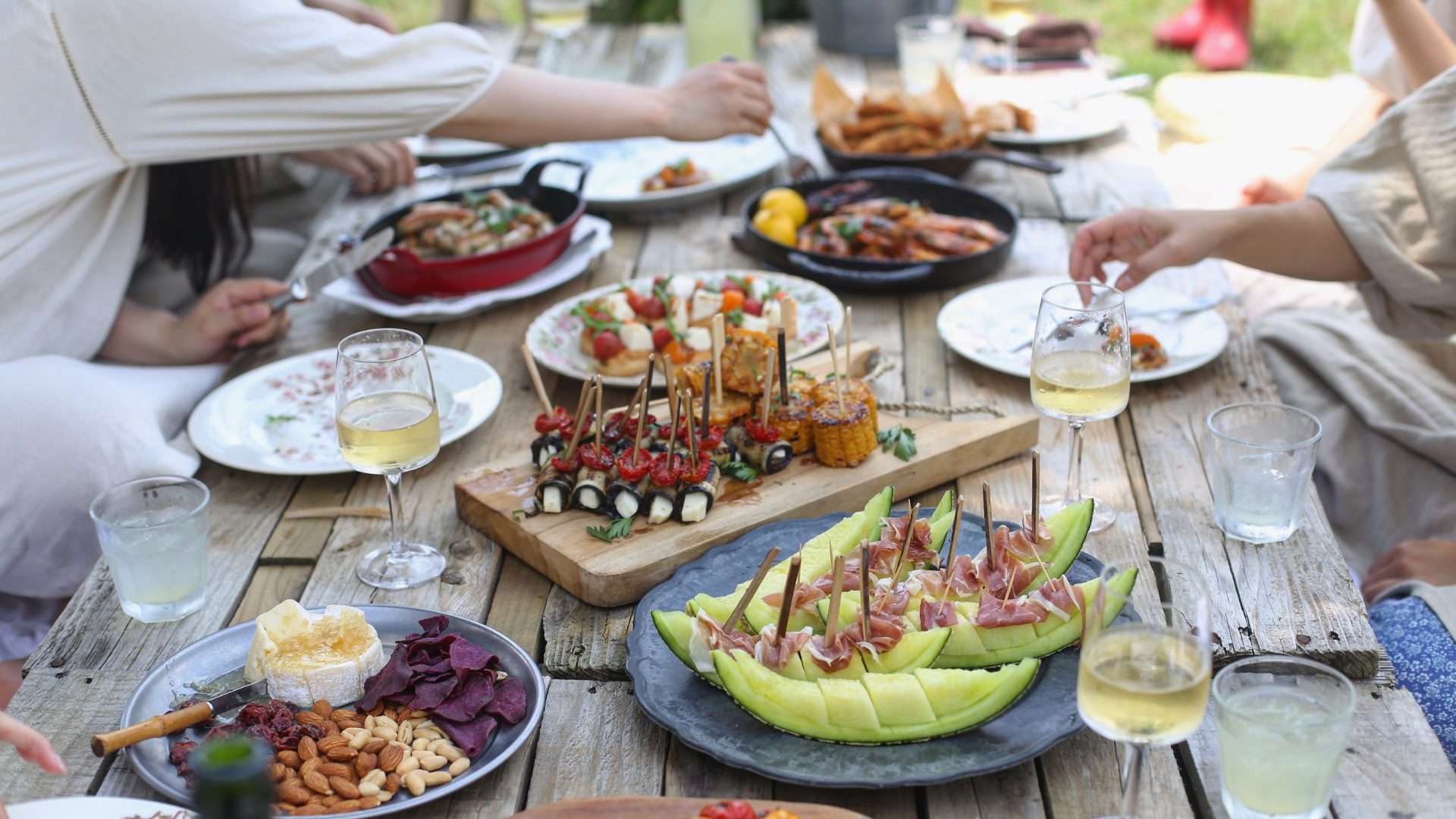By Lauren Gideon
As I travel from state to state I find there are two tables of homeschool resources. Those that are total free-market options, and those that are fully or partially taxpayer funded. These resources could be tutoring services, classes, extracurricular activities, sports, fine-arts, and so much more. What I have found remarkably interesting is just like a gluten-free table, free-market options are either spars or plentiful; bland or diverse.
An Illustration From My Gluten-Free Friends
Nearly, every potluck I attend has an accommodating table, based on the reality that a large segment of our population has chosen to abstain from gluten. We know there are a spectrum of reasons. Nearly every gluten-free consumer has some moderate to severe negative consequence they are trying to avoid, and yet others take a proactive approach.
I also bet there are some on the train because… well, they get on all trains.
Motivations aside, in my lifetime the potluck scene has completely changed to accommodate this demographic.
Ok, nothing against my anti-glutenomist friends… If I still have you, follow me with the illustration.
The gluten-free consumer made a decision (forced or voluntary) that altered a major portion of their life. They have their position prior to any potluck. Once there, they are either delighted or depressed with the variety of gluten-free options. The most strict in this demographic choose only from this table. Rarely in their disappointment do they ever compromise and decide to browse the non-gluten free selection. (If you know someone like this who has had accidental gluten contamination, you know why).
To be specific, if there is no cake on the gf table, the consumer does not reluctantly go to the other table to get their cake, they simply go without cake. If this happens enough times, one of two things will probably happen. The friends and family of this individual will have compassion and bake a diet-friendly cake, or the consumer will get frustrated enough to bake their own cake.
How in the world does this intersect with home-schooling?
As we evaluate options on the two tables, we must first step back and evaluate our commitment to the homeschool resource “diet.” What are the pros and cons of only consuming free-market options? Are there any consequences to sampling options from the subsidized table if you don’t find what you like in the free-market? Some states provide an “all or nothing” choice. In these states, for those that have chosen to homeschool, no state funded options are available.
Do you know what they DO have? They are serving a feast of quality, diverse, competitive, free-market services. How do they have such options? There you will find a rich legacy of groups and individuals who found a way to make a gf cake – by that I mean a robust free-market buffet because the consumers in the state required that accommodation. In other circumstances we find that families solved their own dilemmas with conviction and creativity.
In Many States the Free-Market Table is Lacking
If you are in a state like mine, the free-market table is lacking. One reason this is true is due to the fact that the other table is easily accessible. Families discouraged by the free-market are welcome to browse the state-funded options. At first glance, this seems warm and hospitable. Consumers say things like, “I do not have a choice, the option I wanted (or a quality version of this option) was not available on the free-market.
When this is our outlook, do you know what happens to our table? Nothing. It stays sparse and bland.
What will drive change? The options are the following:
(1) Families will set their “diet” and commit to it before they ever attend the potluck,
(2) Families will ONLY chose the bland options,
Or
(3) Families willcreate better options for the next generation.
We all have a choice, and as we all know; all choices yield outcomes.

Lauren Gideon is the Manager of Grassroots Advocacy for Classical Conversations. She co-leads and teaches through an organization committed to raising citizenship IQ on U.S. founding documents. She and her husband homeschool their seven children on their small acreage, where they are enjoying their new adventures in homesteading.
